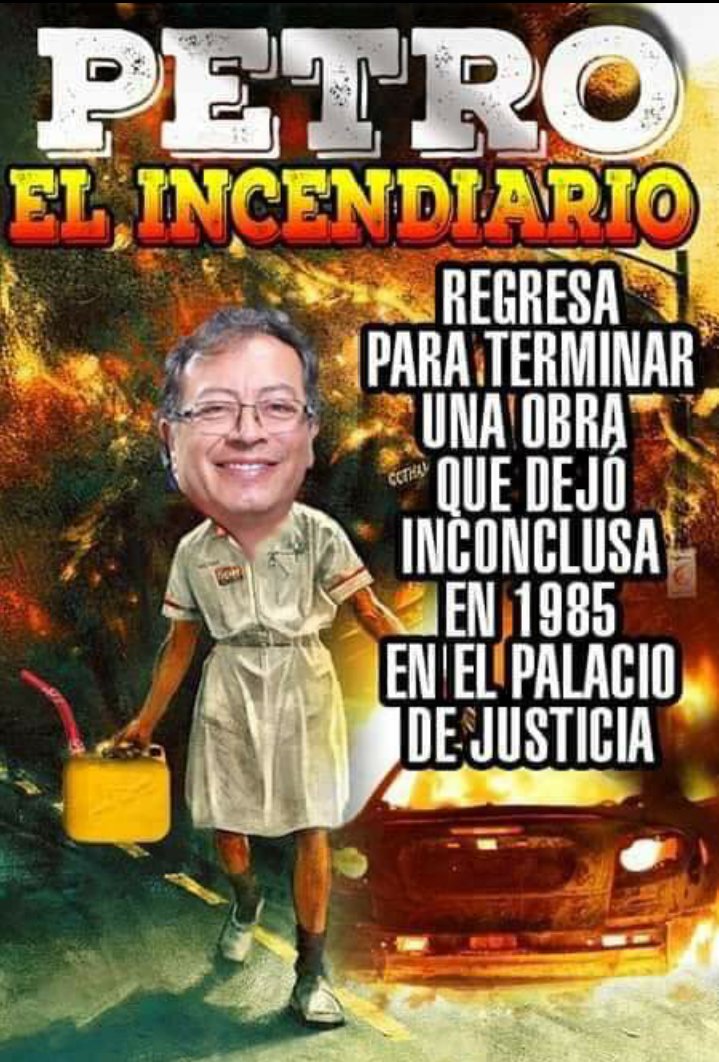Was Iván Duque a transformative figure in Colombian politics, or merely a product of circumstance?
In the complex tapestry of Colombian political history, the name Iván Duque resonates with a particular timbre. A center-right politician, lawyer, and author, Duque ascended to the presidency in 2018, succeeding Juan Manuel Santos. His victory, however, was not born of a vacuum. Former President Álvaro Uribe Vélez, a towering figure in Colombian politics, handpicked Duque, his protégé, as the presidential candidate of the Democratic Center, the political party Uribe founded in 2014. This endorsement proved crucial, propelling Duque to the forefront of the nation's political stage.
To understand the man and his legacy, a closer examination is warranted. Here's a comprehensive overview:
| Category | Details |
|---|---|
| Full Name | Iván Duque Márquez |
| Date of Birth | August 1, 1976 |
| Place of Birth | Bogotá, Colombia |
| Nationality | Colombian |
| Spouse | María Juliana Ruiz |
| Children | 3 |
| Education |
|
| Political Party | Democratic Center (Centro Democrático) |
| Political Positions Held |
|
| Key Policies and Initiatives |
|
| Notable Achievements |
|
| Controversies |
|
| Publications |
|
| Link to Reference | Britannica - Iván Duque |
Duque's background reflects a blend of legal expertise and a commitment to public service. Born in Bogotá, Colombia, he holds a law degree from Sergio Arboleda University. He further honed his academic credentials with a Master of Laws (LL.M.) in International Law from American University and a Master of Management from Georgetown University in the United States. This solid foundation provided him with the tools necessary to navigate the complex landscape of Colombian politics.
Before assuming the presidency, Duque served as a Senator of the Republic of Colombia from 2014 to 2018. This period allowed him to establish a presence in the political arena and solidify his conservative credentials. During his time in the Senate, he was a vocal opponent of the peace agreement with the FARC guerrilla group, a stance that resonated with a segment of the Colombian population wary of the terms of the agreement. This opposition positioned him as a candidate who would take a tougher stance on security matters.
Duque's ascent to the presidency at the age of 41 marked a significant moment in Colombian political history, making him the youngest elected president in the country's history. This early start brought with it a certain youthful dynamism, yet also raised questions about his experience in the face of weighty national issues. The political landscape he inherited was fraught with challenges, including the ongoing implementation of the peace agreement, persistent issues of drug trafficking, and the need to foster economic growth and social equity.
His presidency was characterized by a focus on specific policy areas. He championed the Orange Economy, a strategy aimed at promoting creative industries and entrepreneurship. He also prioritized combating drug trafficking and strengthening law enforcement, areas of perennial concern in Colombia. Duque's administration actively promoted international trade and investment, seeking to position Colombia favorably on the global stage. Furthermore, he engaged with issues of climate change and environmental protection, reflecting a growing global emphasis on these areas.
Duque's tenure was not without its challenges. His handling of social unrest and protests drew criticism, underscoring the complexities of balancing public order with the protection of civil liberties. His administration's policies on human rights faced scrutiny, reflecting the ongoing struggles to ensure justice and accountability in Colombia's turbulent history. The debate surrounding the implementation of the peace agreement with the FARC continued to cast a long shadow, as Duque navigated the delicate balance between security concerns and the desire for lasting peace.
Beyond the political realm, Duque is known for his commitment to family values. He is married to María Juliana Ruiz and is a father of three. This emphasis on family has often been seen as a reflection of his conservative values, values which he often highlighted when discussing his political initiatives.
Iván Duque's presidency was undoubtedly a pivotal period in Colombia's modern history. His policies, his successes, and his challenges offer a rich case study in the dynamics of leadership in a nation grappling with complex social, economic, and political issues. Whether history will remember him as a transformative leader or a figure whose tenure was defined by the specific circumstances of his time remains a subject of ongoing debate. His legacy, however, is firmly etched in the annals of Colombian politics.
While the former President, Álvaro Uribe Velez, was instrumental in supporting Duque's bid for the presidency, he also remained a key advisor during Duque’s time in office. This close relationship, however, also generated controversy. Critics argued that Uribe maintained too much influence over the government, potentially hindering Duque's ability to act independently and shaping policy in line with Uribe’s objectives. Conversely, supporters highlighted the value of Uribe’s experience and his consistent political support during a difficult period.
In addition to his political career, Duque is also an author. His publications, including The Orange Effect and The Moral Compass, delve into issues of economics, social policy, and ethical leadership. These books offer insights into his perspectives on key issues and contribute to a more comprehensive understanding of his political philosophy. His writings provided a more in-depth understanding of his governing vision and political objectives, and offer a different perspective on his career.
The ongoing debate surrounding the peace agreement with FARC was a defining feature of Duque’s presidency. He took a hard line on the implementation of the deal. His government adjusted certain aspects of the agreement and expressed concerns about the process of transitional justice, arguing for modifications that would bring more justice for the victims of the conflict and would hold FARC members accountable for their crimes.
Iván Duque's presidency also faced significant social challenges. Protests, sometimes fueled by economic inequality, government policies, and human rights concerns, took place throughout his time in office. The government's response to these protests, including measures related to law enforcement, came under heavy scrutiny both domestically and internationally. The ways in which the protests were managed shed light on the complexities of maintaining public order in a nation, and how the government can strike a balance with the need to protect the right to peaceful assembly and freedom of expression.
Economically, Duque's administration focused on stimulating growth, promoting entrepreneurship, and attracting foreign investment. Policies such as tax reforms and incentives for various sectors were designed to create jobs and boost the economy. However, the impact of these policies and the overall performance of the Colombian economy during his term were debated. Critics pointed out shortcomings in the approach. Economic conditions and the global backdrop during his term created a need for strategic reforms.
The Orange Economy, a core tenet of Duque's presidency, emphasized the development of creative industries, technological innovation, and cultural initiatives. This included investments in areas such as film, music, digital media, and software development. While supporters saw it as a forward-looking strategy to diversify the economy and create new job opportunities, others questioned its scope and impact. Debate ensued on the level of resources devoted, and the ability of these industries to transform the Colombian economy.
Duque's tenure has become a significant point of analysis for political scientists, historians, and anyone seeking to comprehend contemporary Colombian politics. The interplay of his actions, the political context in which he operated, and the challenges he confronted shape a complex political portrait. The assessments of his success and failures are likely to continue, ensuring that the impact of his presidency on the nation’s future will be carefully examined.
In conclusion, Iván Duque's presidency represents a critical period in Colombian history. His background as a lawyer, his political affiliations, and his policy objectives came together during a pivotal time in the nation’s development. His successes and failures offer significant insights into the difficulties of governing and the complexities of navigating the nation's future.



